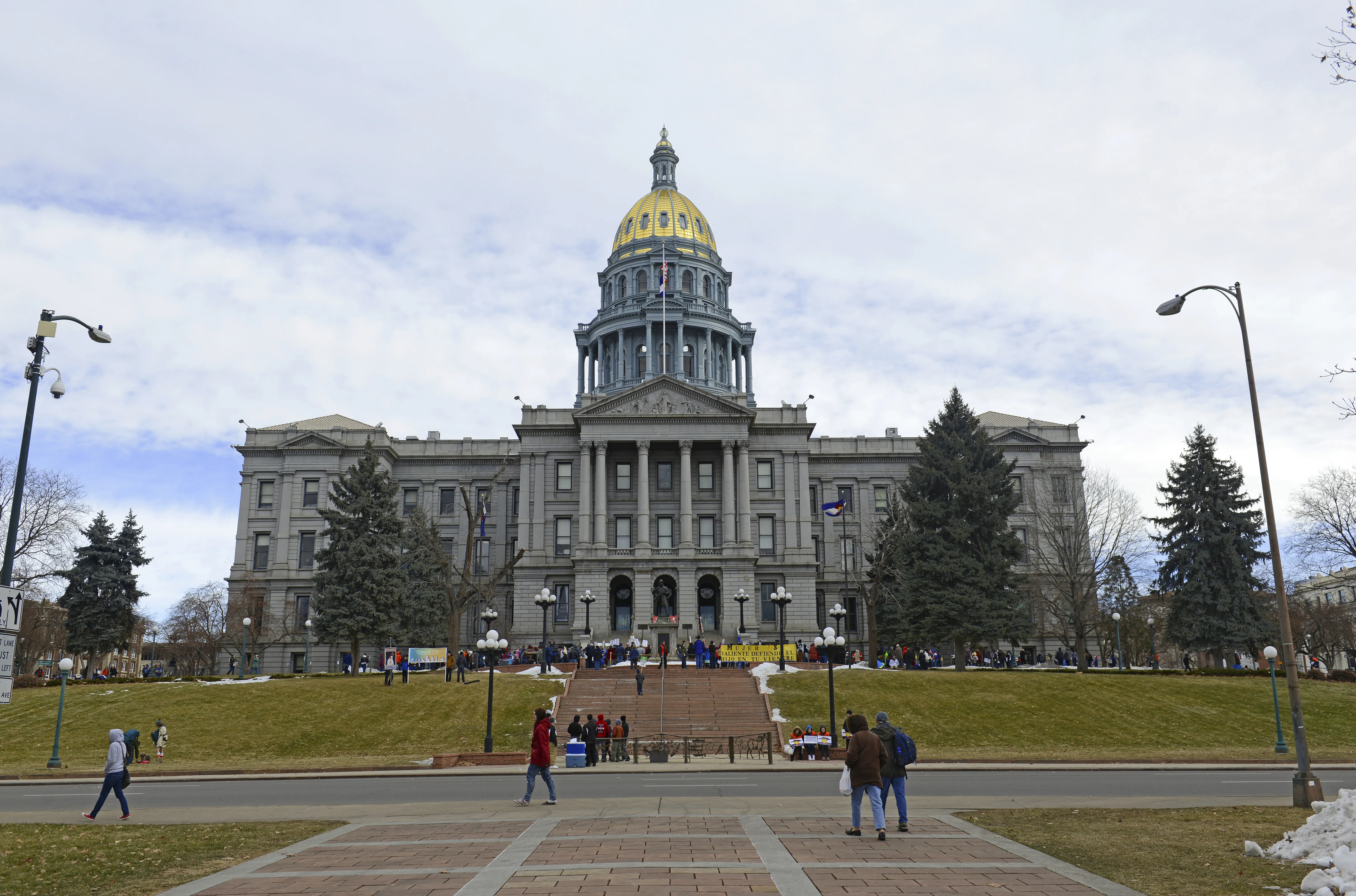
ACLU: Excessive youth 'room confinement' non-rehabilitative, violates Nebraska law
Click play to listen to this article.
(Nebraska News Connection) A 2020 Nebraska law restricted the use of solitary confinement, also known as "juvenile room confinement," for Nebraska youths in detention.
But a new report by the Office of Inspector General of Nebraska Child Welfare shows a significant increase in its use in fiscal year 2022-23 over the previous year.
The number of instances was up more than 40 percent, and the total length of those incidents was up by nearly a third.

Jason Witmer, policy fellow with the American Civil Liberties Union of Nebraska said in addition to other harmful effects, isolating youths in detention runs counter to rehabilitating them.
"People are coming in with traumas and misguided ways of adapting to things," said Witmer. "And so conflicts arise. However, interacting with each other in the general population is where the rehabilitation comes from - to learn to adapt more positively to each other."
Rehabilitation is understood to be a major focus of youth detention. Because their brains are still developing, younger people are typically more impulsive and thus apt to get into trouble.
But they're also more malleable and capable of change. Additionally, their records can be "sealed" when they reach legal age.
When asked for their response to the IG's report, a spokesperson for the State of Nebraska Department of Health and Human Services says they "strictly follow" the updated Nebraska law.
The interim director at the Douglas County Youth Center responded with "no comment."
Staffing shortages have plagued Nebraska detention facilities for several years.
Another 2023 report by the Inspector General's office shows that recent raises and other changes have reduced, but not eliminated, unfilled positions.
Witmer said staffing shortages are no excuse.
"I don't know how they would justify this," said Witmer. "If a parent was to lock their kids up for, let's say, 13 hours a day, for four months straight - which is an example that's in that report - they not only would likely lose custody, but they'd probably face criminal charges."
Witmer pointed to the very real danger that youths who are isolated could leave detention with more problems than when they entered.
"Overwhelmingly, all reports - from mental health to medical organizations - have shown that the use of room restriction is, almost without question, harmful," said Witmer. "Whether it's somebody's already dealing with a mental-health struggle, which it exacerbates, or it creates new mental-health struggles."
Fiscal year 2022-23 saw more than 4,000 incidents of confinement involving 503 Nebraska youths - for a total of nearly 57,000 hours.
















